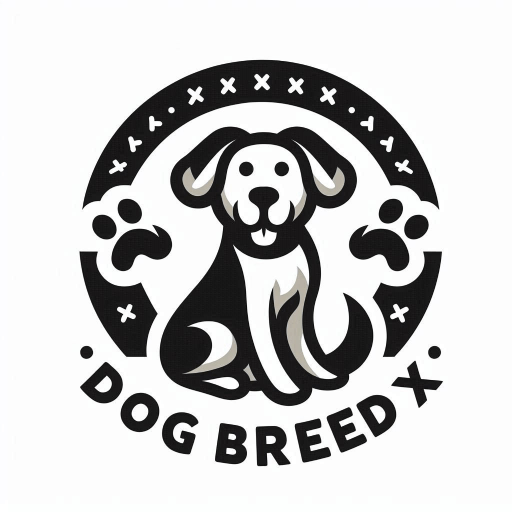Table of Contents
Bullmastiff dog breed
The Bullmastiff is a powerful and reliable dog breed, known for its strength, loyalty, and protective nature. This breed combines the best traits of Bulldogs and Mastiffs, resulting in a formidable guard dog with a gentle heart. Bullmastiffs are popular for their ability to protect homes while being affectionate and calm family pets. In this article, we will delve into the details of the Bullmastiff breed, covering everything from their history to their care requirements.
History and Origin
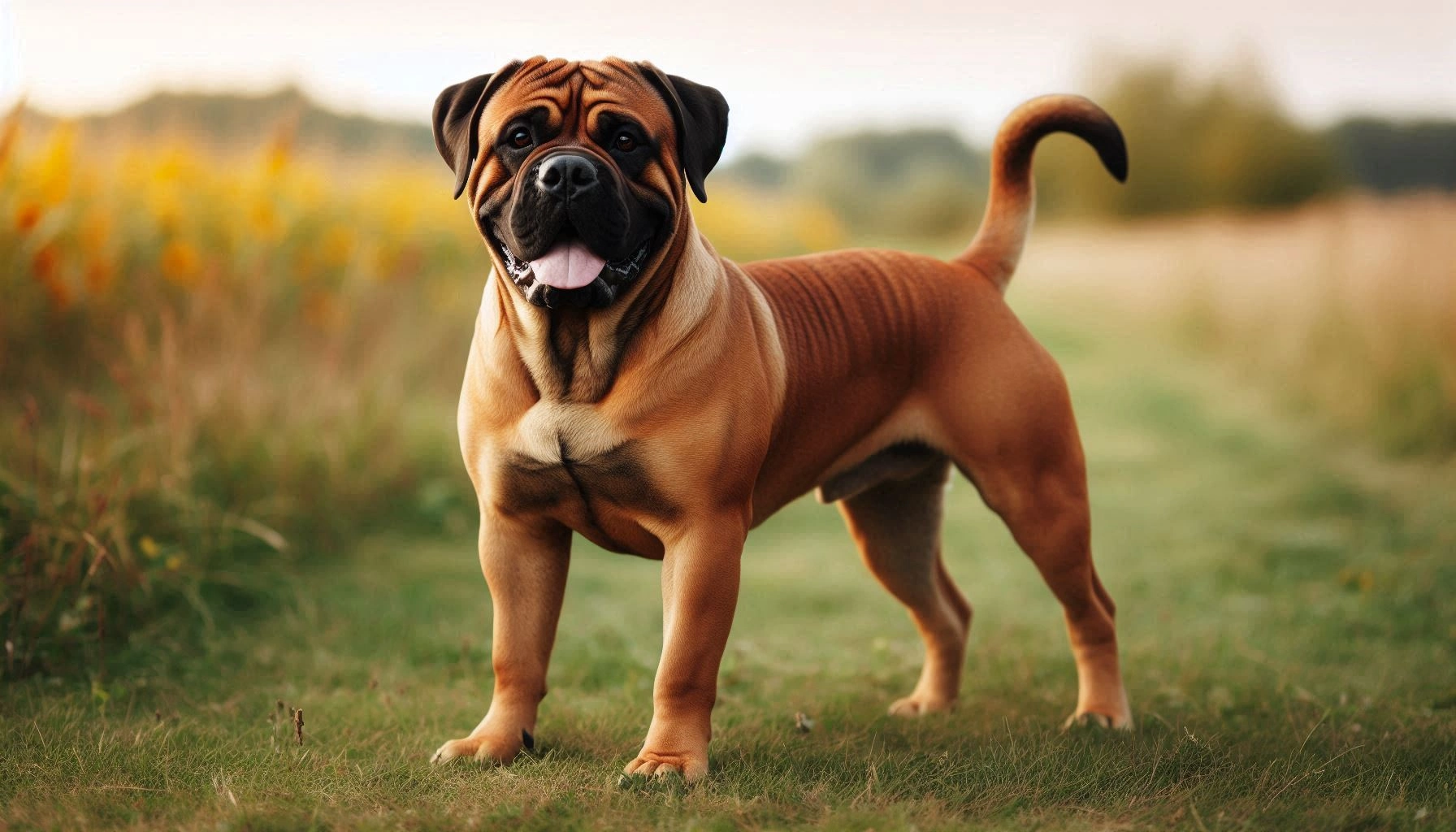
The Bullmastiff was developed in England during the mid-19th century. Gamekeepers needed a dog that could protect estates from poachers, and the Bullmastiff was the solution. They were bred by crossing the English Mastiff with the Old English Bulldog, aiming for a dog that had the size and strength of the Mastiff and the courage and speed of the Bulldog. By the 1920s, the Bullmastiff was recognized as a distinct breed, and it quickly gained popularity for its impressive guarding abilities.
Physical Characteristics
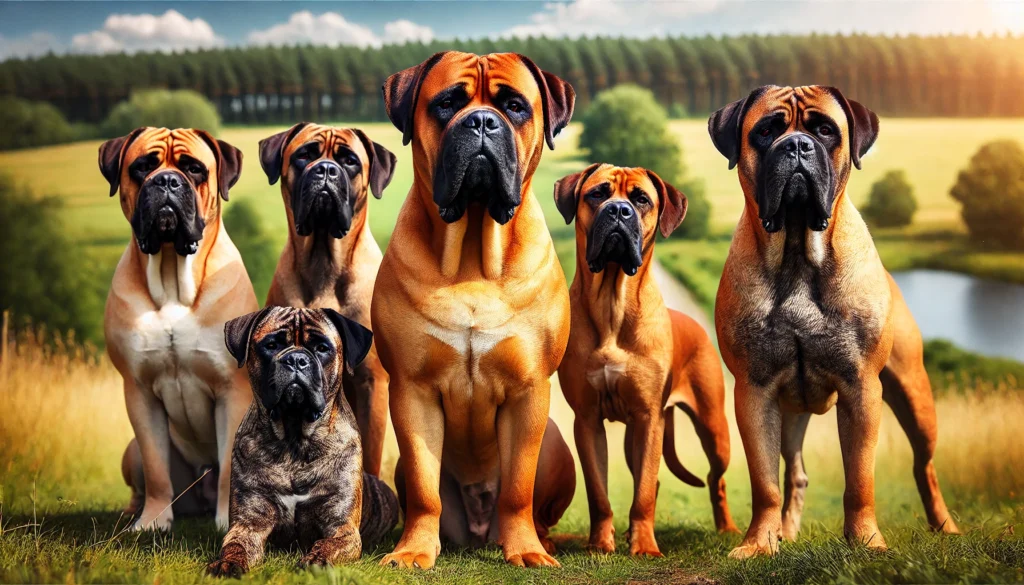
Bullmastiffs are large and muscular dogs, exuding power and confidence. Here are some key physical characteristics:
- Size: Males typically stand 25-27 inches tall at the shoulder, while females are 24-26 inches.
- Weight: Males weigh between 110-130 pounds, and females weigh 100-120 pounds.
- Coat: They have a short, dense coat that comes in three main colors: fawn, red, and brindle.
- Head: Bullmastiffs have a large, square head with a broad muzzle and dark, expressive eyes.
- Body: Their body is compact and well proportioned, with a deep chest and strong, straight legs.
Personality and Temperament
Bullmastiffs are known for their calm and gentle demeanor, especially within their family. Here are some typical personality traits:
- Loyal and Protective: They are highly loyal to their families and make excellent guard dogs.
- Gentle and Affectionate: Despite their imposing appearance, Bullmastiffs are known to be affectionate and good with children.
- Calm and Composed: They have a relatively low energy level and are usually calm indoors.
- Alert and Intelligent: Bullmastiffs are intelligent and can be trained to follow commands, making them reliable companions.
Care and Maintenance
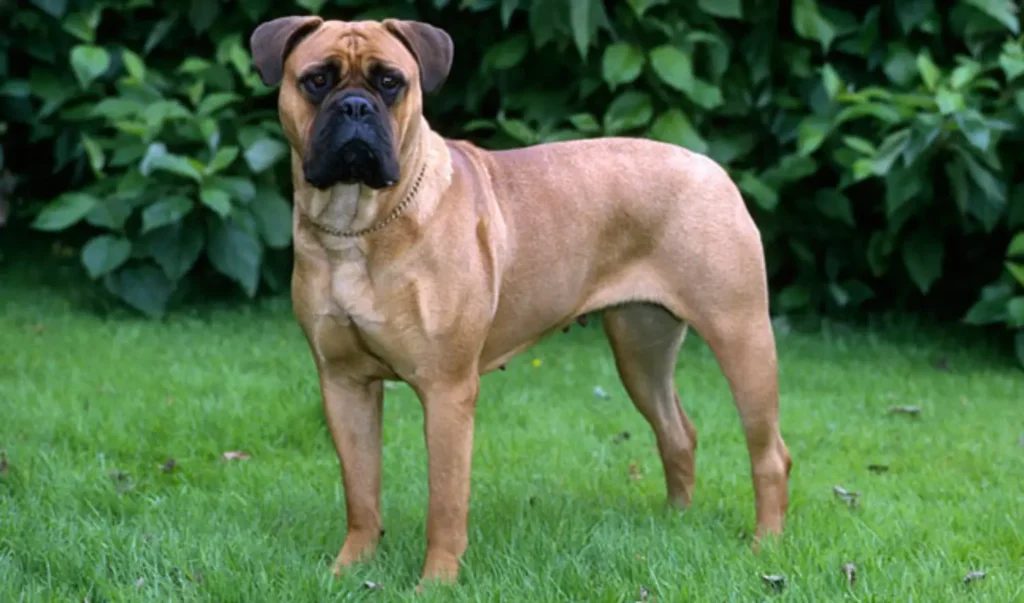
Proper care and maintenance are crucial to keep a Bullmastiff healthy and happy:
- Exercise: They require moderate exercise, such as daily walks and playtime in a secure area.
- Grooming: Their short coat is low-maintenance and only needs weekly brushing to remove loose hair.
- General Maintenance: Regular cleaning of their ears, teeth, and nails is essential to prevent infections and maintain overall health.
Health and Common Conditions
Bullmastiffs are generally healthy, but they are prone to certain health issues:
- Hip Dysplasia: This genetic condition affects the hip joints and can lead to arthritis.
- Elbow Dysplasia: Similar to hip dysplasia, this condition affects the elbow joints.
- Bloat: A life-threatening condition where the stomach twists, requiring immediate veterinary attention.
- Cancer: Bullmastiffs can be susceptible to various forms of cancer.
- Heart Conditions: Some Bullmastiffs may develop heart problems such as aortic stenosis.
Training and Socialization
Training and socialization are essential for Bullmastiffs to ensure they are well-behaved:
- Basic Commands: Start training with basic commands like sit, stay, and come from an early age.
- Socialization: Expose them to different people, environments, and other animals to ensure they are well-rounded.
- Positive Reinforcement: Use positive reinforcement techniques such as treats and praise to encourage good behavior.
- Consistency: Be consistent with training to establish clear boundaries and expectations.
Diet
A balanced diet is crucial for the health and well-being of Bullmastiffs:
- High-Quality Dog Food: Choose high quality commercial dog food that meets their nutritional needs.
- Protein-Rich Diet: Ensure their diet is rich in protein to support muscle development.
- Portion Control: Monitor their food intake to prevent obesity, which can exacerbate health issues.
- Fresh Water: Always provide fresh and clean water.
Suitability as a Pet
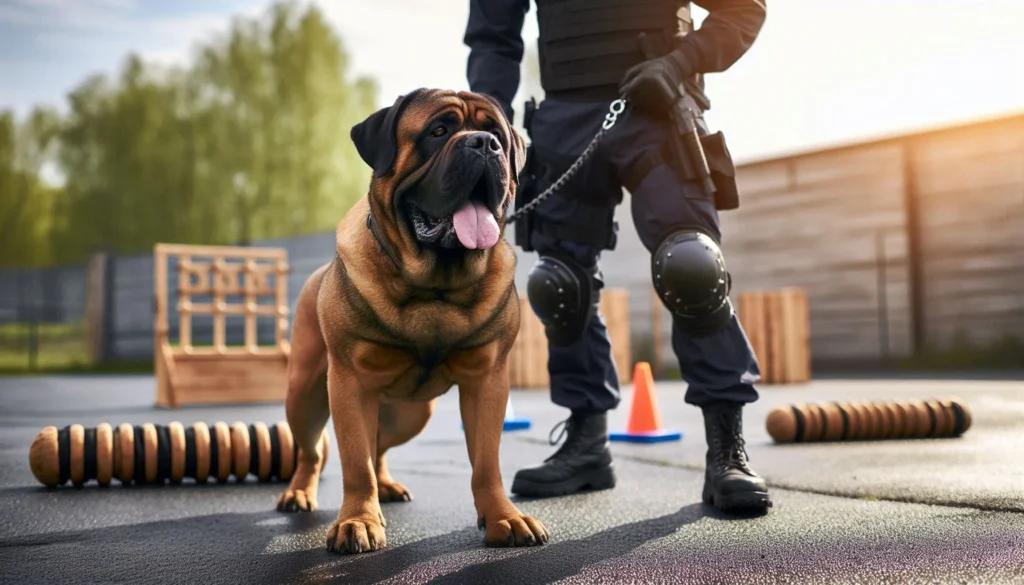
Bullmastiffs are suitable for various types of families and individuals:
- Families with Children: They are gentle and patient with children, making them excellent family pets.
- Homeowners: Their protective nature makes them ideal for people looking for a guard dog.
- Experienced Dog Owners: Due to their size and strength, they are best suited for owners with experience handling large breeds.
Similar Dogs
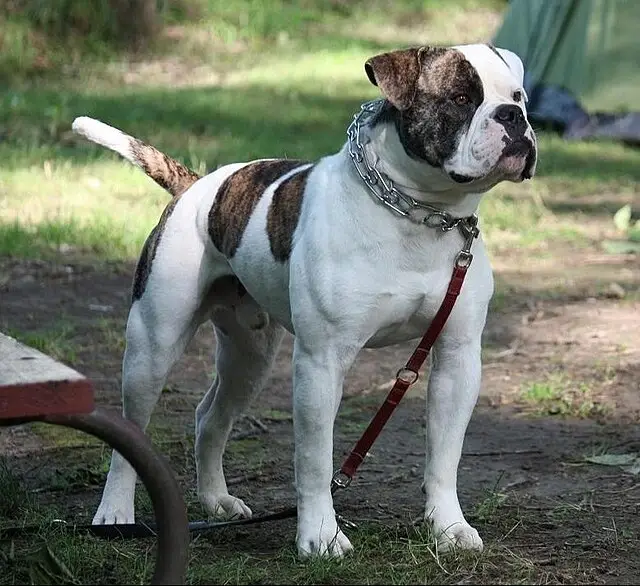
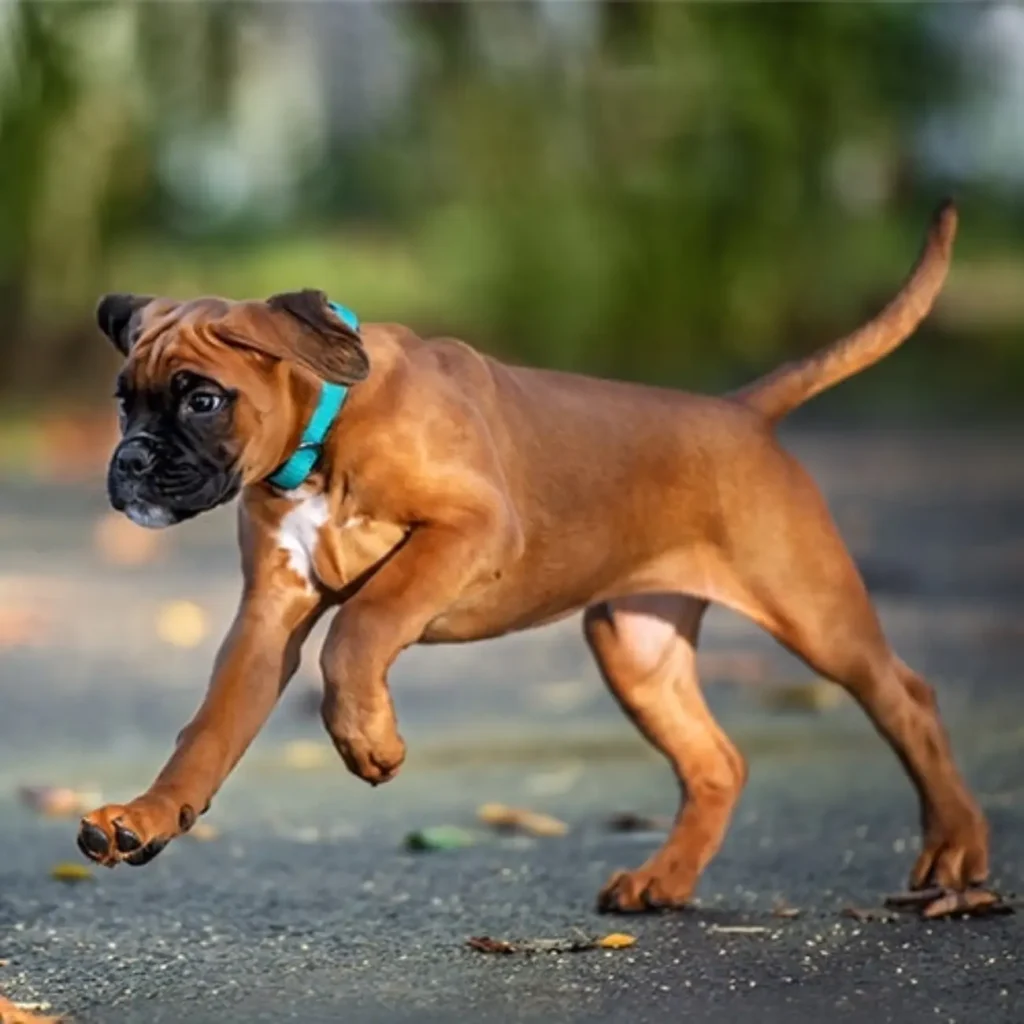
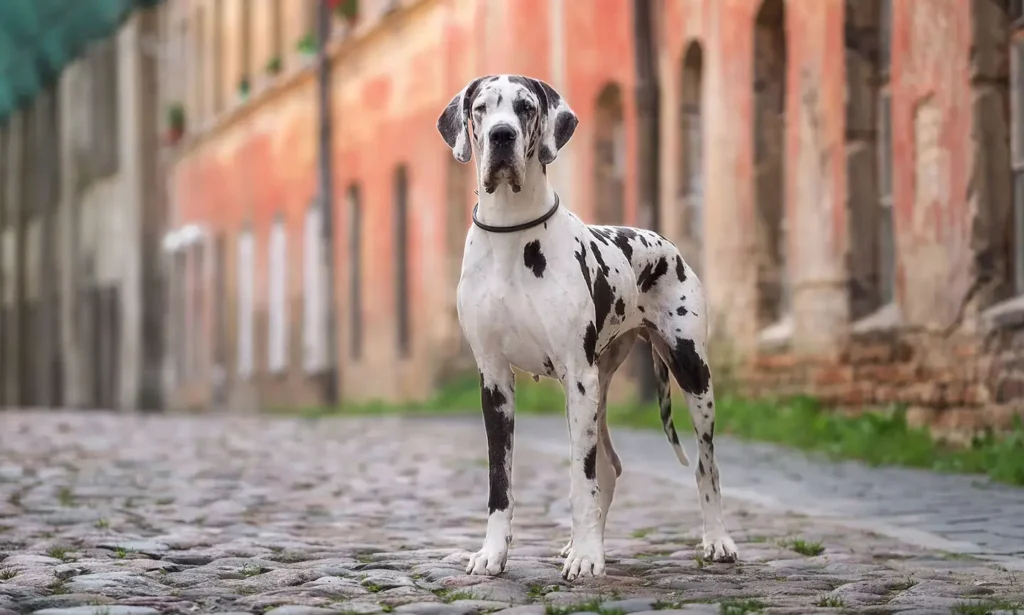
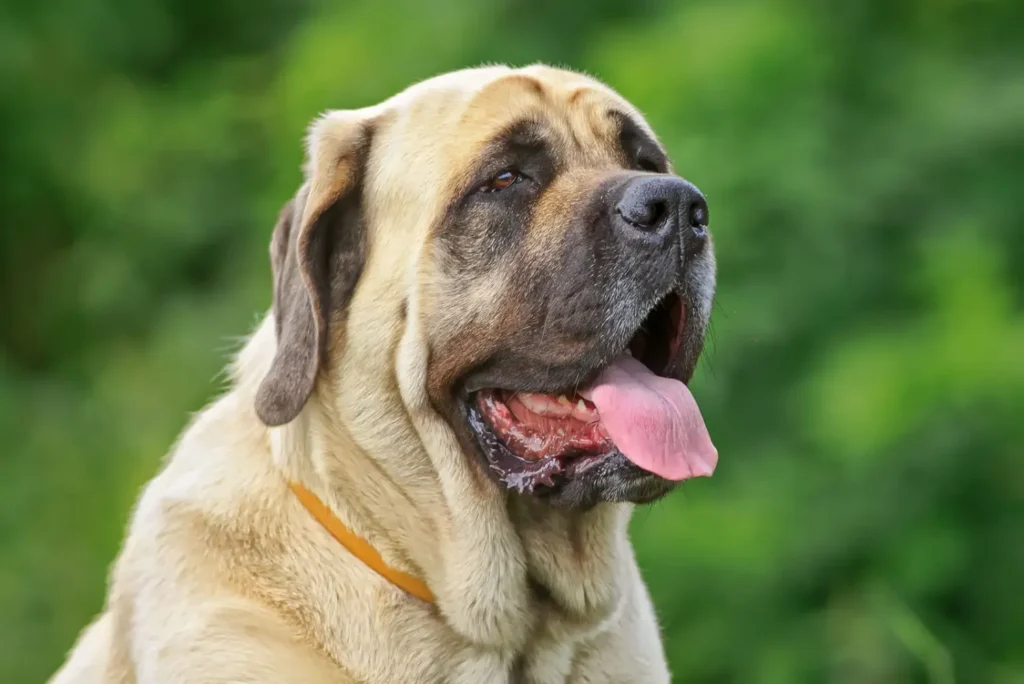
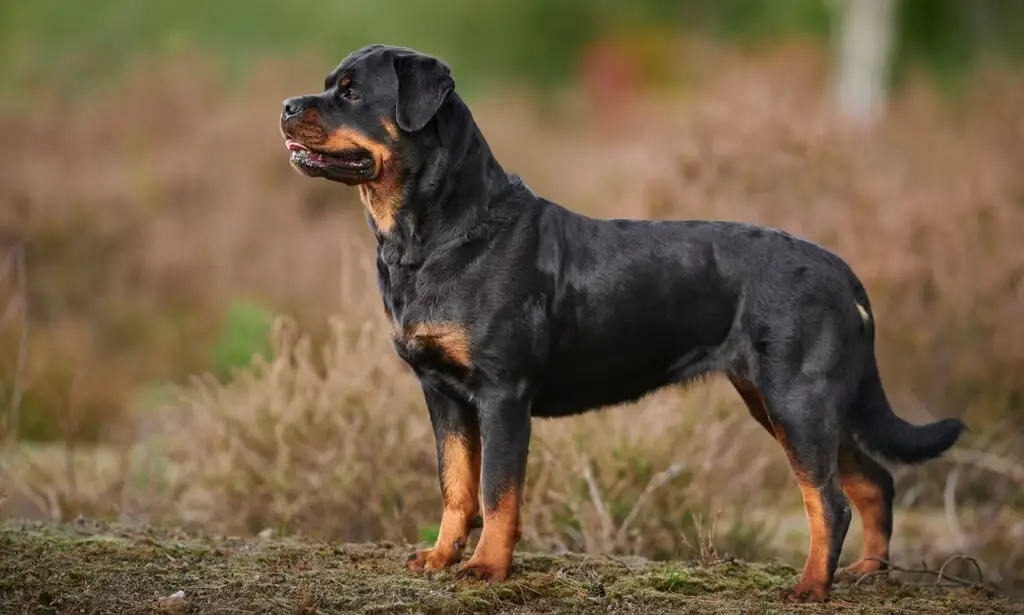
Several dog breeds resemble the Bullmastiff in various aspects:
- Mastiff: Shares similar size and guarding instincts.
- Boxer: Similar in appearance and temperament, but more energetic.
- Great Dane: Larger and more imposing but shares the gentle nature.
- Rottweiler: Strong and protective, similar in guarding abilities.
- American Bulldog: Similar physical traits and protective nature.
Conclusion
The Bullmastiff is a remarkable breed, combining strength, loyalty, and gentleness. Their protective nature makes them excellent guard dogs, while their calm demeanor and affection make them wonderful family pets. If you are looking for a loyal companion that can also provide security, the Bullmastiff is an excellent choice. With proper care, training, and socialization, this breed can thrive in various living environments, bringing joy and protection to their families.
